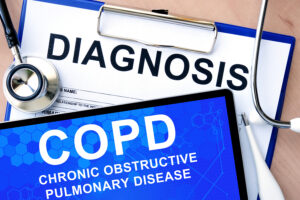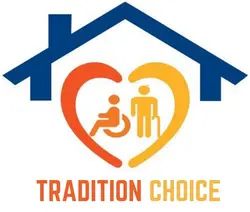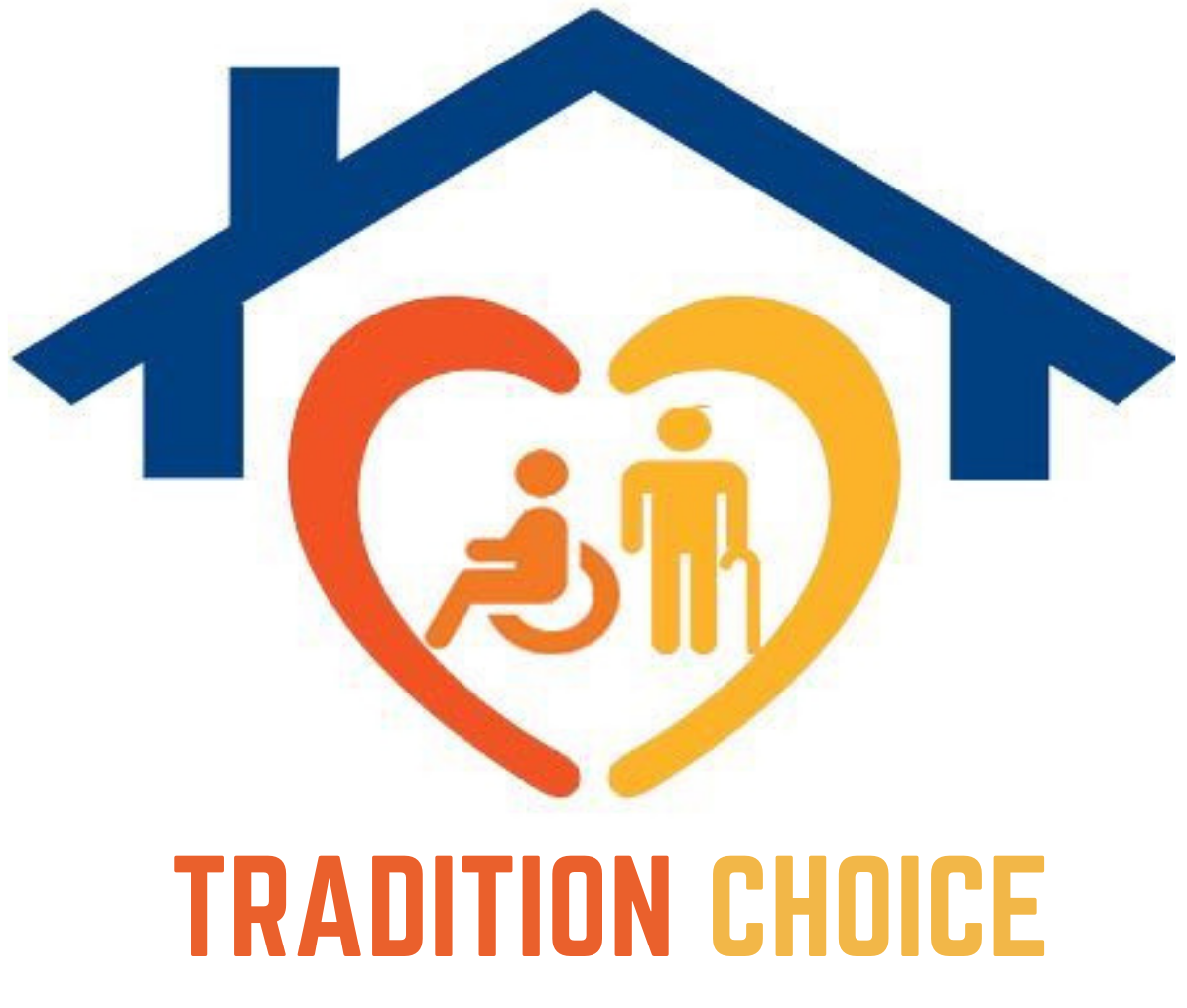How can you tell if your elderly family member might have COPD? There are some common symptoms that most people with COPD experience, so being on the lookout for those signs can help you to take action. If your elderly family member does have COPD, working with 24-hour home care professionals can help her to have a much better quality of life as she deals with the side effects of this lung disease.

Coughing up Mucus More Often
Because of the damage to the lungs with COPD, they tend to produce more mucus than usual. That inflammation may mean that your senior is coughing up a lot more mucus more often. There’s also the fact that your elderly family member is more susceptible to other lung illnesses with COPD, including bronchitis, colds, and pneumonia which can all cause greater mucus production.
Unintended Weight Loss
Many people with COPD find it difficult to maintain a healthy weight. That happens because their body is burning a lot more calories than usual just in keeping them breathing. It takes a lot of energy to breathe and process oxygen throughout the body. Difficulty breathing affects every part of your senior’s body and health.
Shortness of Breath with Minimal Activity
Your elderly family member may also find it difficult to catch her breath, even while she’s doing seemingly simple or minimal activities. This is not uncommon at all and it’s usually why people end up being diagnosed with COPD. As the disease progresses, your elderly family member is more likely to experience shortness of breath even at rest.
Chest Pain and Tightness
Because your elderly family member’s lungs are inflamed, she may experience tightness in her chest when she’s breathing. She may even feel pain in other areas of her chest, which can cause her to wonder if she’s having heart issues. It’s always important to have chest pain examined by a doctor to determine the exact cause.
Fatigue and Reduced Energy Levels
COPD is exhausting. Your elderly family member is extremely likely to have difficulty engaging in her normal activities and she may be much more tired than usual. This can mean that she sleeps more, wakes up later in the day, or takes more frequent naps.
Difficulty with Daily Activities Because of Breathing
All in all, your elderly family member is likely to have a lot more trouble just going through her normal daily activities. This is why 24-hour home care professionals can be a huge help to her. 24-hour home care providers are able to step in and make sure that your senior is eating properly, resting when she can, and that the daily tasks that keep her home clean and safe are done.
If you suspect your elderly family member has COPD but hasn’t been diagnosed with the condition yet, talk with her doctor about testing. There are some simple tests that can quickly narrow down what is happening with your elderly family member’s lungs so that you can start putting together the right plan for her.

